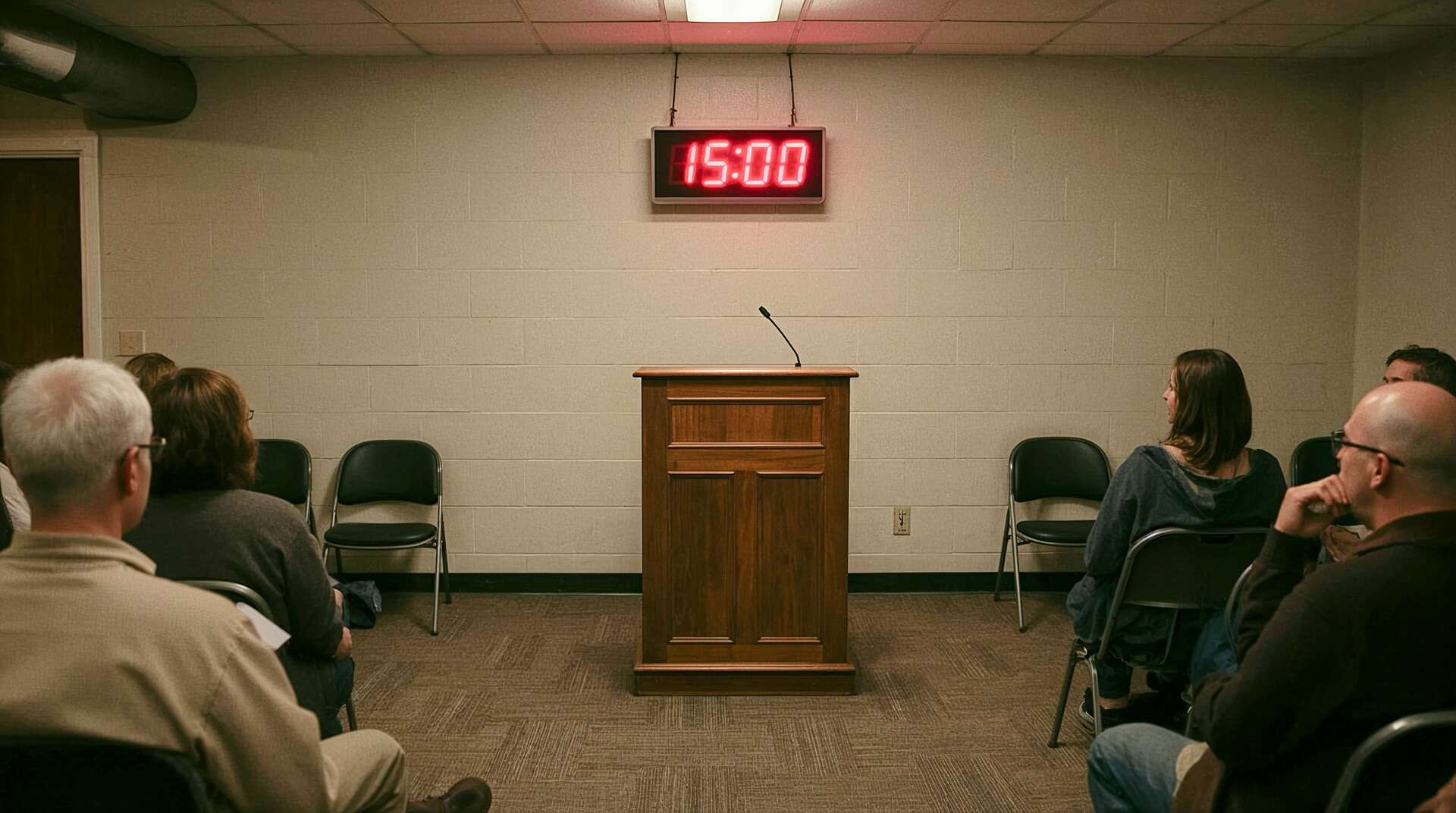
by Tod Maffin
YouTube, Bluesky, and other social media
👾 Join my Discord • ▶️ All my videos
In the comments of my social media posts, I often see Canadians asking how we can help while America unravels.
We want to help, but we stumble on the same fear: that whatever we do, it will never be enough.
Too much, too fast
About 20 years ago, I was terminally ill. I was in the late stages of alcoholism. I ended up in a residential treatment centre that saved my life.
That rehab used patients as kind of free labour. We had chores. Every week, we got assigned a daily chore to do. Take out the garbage. Tidy up the smokers’ pit. Clean the windows. It wasn’t exploitation, it was structure. It was rhythm. It was learning how to show up for something outside yourself.
My first week there, I got assigned to wash the pots and pans. This is a job that takes one hour. It doesn’t matter how fast you go, how poorly a job you do, this is one hour of work.
But the window of time they gave us to get our chores done was 45 minutes. Everyone got 45 minutes, regardless of your job.
Needless to say, I was confused. I did my best, but I kept going past the 45-minute chore block and was late for the next session. Every day. Then they gave it to me the following week. And again the week after that.
At some point, I remember going up to my counsellor and saying “Have you people not realized that this job takes an hour?! Why do we only get 45 minutes?”
The 15-minute window
Here’s what I didn’t know until that moment: Only half the chores took an hour. The other half, things like mopping the floor or straightening out the TV room, only took a half hour.
Which meant that there was a window of time, at the 30-minute mark, where half of the patients finished their chores, and didn’t have anything to do for 15 minutes.
My counsellor said “Have you asked anyone for help? Half this building has people just wandering around with nothing to do.”
Say nothing, mean everything
We’re very fortunate in Canada. We put people first. We lift communities before profit. We choose balance over chaos, even when the world around us can’t slow down.
We’re the ones with the 30 minute jobs. We can help. We have the time.
How do we help? I don’t think it’s complicated. I think we find one person and ask them how they’re doing. One person.
In a Facebook group you’re in.
In your video game squad between matches.
In the email thread you got added to.
One person, and here’s the best part — other than “How are you doing?” you don’t have to talk at all.
No crosstalk
In some recovery meetings, there’s a rule called No Crosstalk. It means when people speak, the room goes still. No one argues. No one debates. No one rushes to fix them or even support what they’re saying. Their story just hangs there, in the air, and for once it’s theirs alone.
For some people, it’s the first time in their lives they’ve spoken and not been corrected, not been doubted, not been made small. Just heard.
Heard, without a word
At one of my home group meetings a few years ago, a woman none of us had ever seen before walked up to the lectern, said her name, and then stood and wept for three minutes. And then sat down. We never learned why, but it didn’t matter.
Sometimes, there’s a place for just listening.
Sometimes, there are people who will just listen.